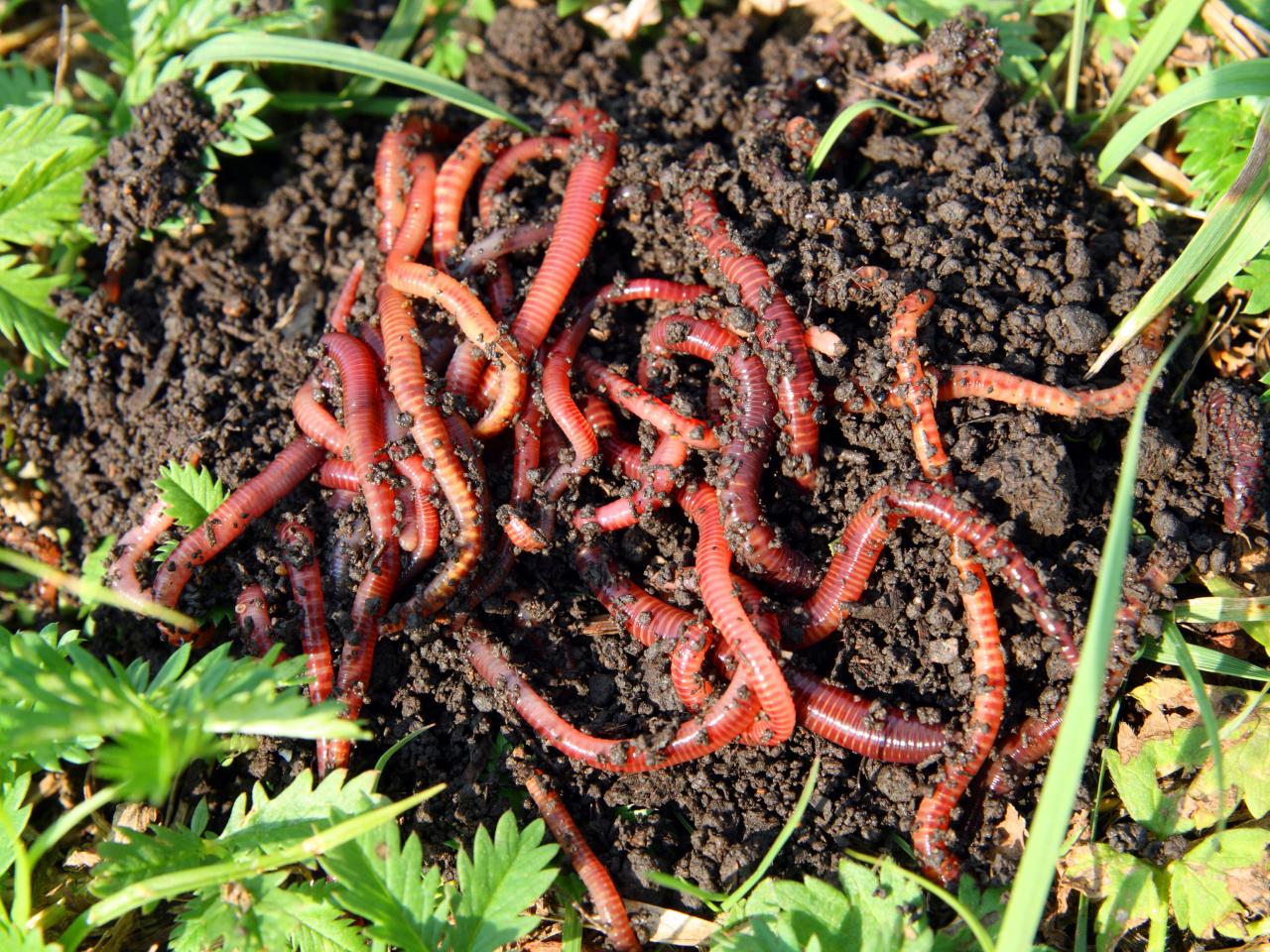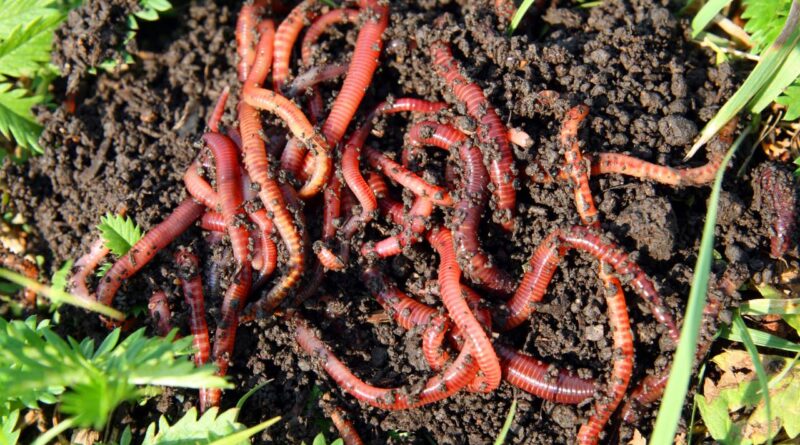Wiggler Compost Worms: Best For Effective Vermicomposting
Vermicomposting is a very efficient and quick way of using earthworms to transform your kitchen scraps and other green waste into rich soil. The wiggler compost worms present in the vermicompost break down organic matter into waste products called castings. The castings obtained may be a waste product for the worms but are a rich treasure for gardeners.
The vermicompost is packed with the goodness of vital plant nutrients such as nitrogen, phosphorus and potassium. They are also rich in microbes that help in maintaining soil health and in the growth of plants. Let us explore some of the benefits of using wiggler compost worms for vermicomposting: Wormbox Ca offers wiggle compost worms at an affordable price. We have significant experience in using these wiggle compost worms. If you want to read about Wormbox Ca, click on Wormbox Ca Review. 
- They increase the soil’s ability to hold nutrients in plants.
- Helpful in improving the soil structure.
- They provide an adequate amount of nutrients to the soil.
- Assists in increasing the water-holding capacity of sandy soils.
- They nourish the soil with several beneficial bacteria.
- Aids in improving the aeration and internal drainage of heavy clay soils
Wriggler compost worms are very significant but are unseen in every garden because of their exceptional decomposing properties. The best worms for composting are red (Lumbricus rubellus) worms and red wigglers (Eisenia fetida). These two worms come from the class of epigeic, which live closer to the surface. They are great for the compost bin as they favour a compost environment to bare soil and are easy to keep.
The wiggler compost worms that sustain compost, vegetable waste, and organic bedding generates richer casting than those that feed on plain soil. The earthworms or garden worms live deeper in the soil and don’t compost well.
Some of the most useful species of wiggler compost worms that are generally put in compost piles for composting are:
Wiggler Compost Worms
-
Red wigglers
Red wigglers are the most common composting worms used for composting bins. live in close to highly populated conditions and don’t burrow. They make a tasty meal for fish, often carried by many bait shops. Are available in small containers at a relatively affordable price. As soon as you begin vermicomposting, the population of worms will double in 90 days.
-
Brandling worms (AKA “tiger” or “trout” worms)
Brandling worms are popular worm species for their ability to process manure. They prefer living in compost heaps, found in rotting leaves and under logs. These wiggler compost worms sustain on rich decaying matter, generally in compost heaps. They usually feed on the surface of the soil rather than under the surface.
-
European nightcrawler
European nightcrawlers are generally available in cooler temperatures. The decomposition usually happens on the top of the soil, generating heat. The warmth of the soil is due to the heat on the soil due to composting, which reaches upto 135 F. They are not ideal for the composting setup
-
Indian or Malaysian blue worms
Indian or Malaysian blue worms are found mainly in tropical climates. The adults appear in blue/purple under light, which is why they are referred to as blue worms. The worms are sensitive to barometric changes and are on the surface as storms approach. They are easy food for predators or escape from your worm bin. These earthworms are very efficient in composting most types of waste into rich fertiliser.
-
African nightcrawlers
African nightcrawlers are an excellent choice for composting worms. These worms can eat up to 150% of their average weight daily. Suppose you have 1lbs of worms; you can turn 1.5lbs of compostable materials daily. The composting worms prefer warmer temperatures and start to die at 60ºF. The temperature of the soil should be kept between 75-85ºF for composting.
-
Red Worm
The redworms can quickly ingest food scraps and other organic waste materials at a very rapid pace. After passing through the worm’s gut, the organic waste transforms into a biologically active material. These end products are highly beneficial in maintaining the good health of the soil.
Final Thoughts On Wiggler Compost Worms
Vermicomposting with the help of wiggler compost worms is excellent for soil health. The process decomposes kitchen scraps and organic products with worms into compost. This compost rapidly invigorates plants growing in containers outside when blended with the potting soil. The smell of vermicompost is natural, making it the perfect choice for indoor use. We have listed six major wiggler compost worms which help create fertile soil suitable for the growth of plants.



